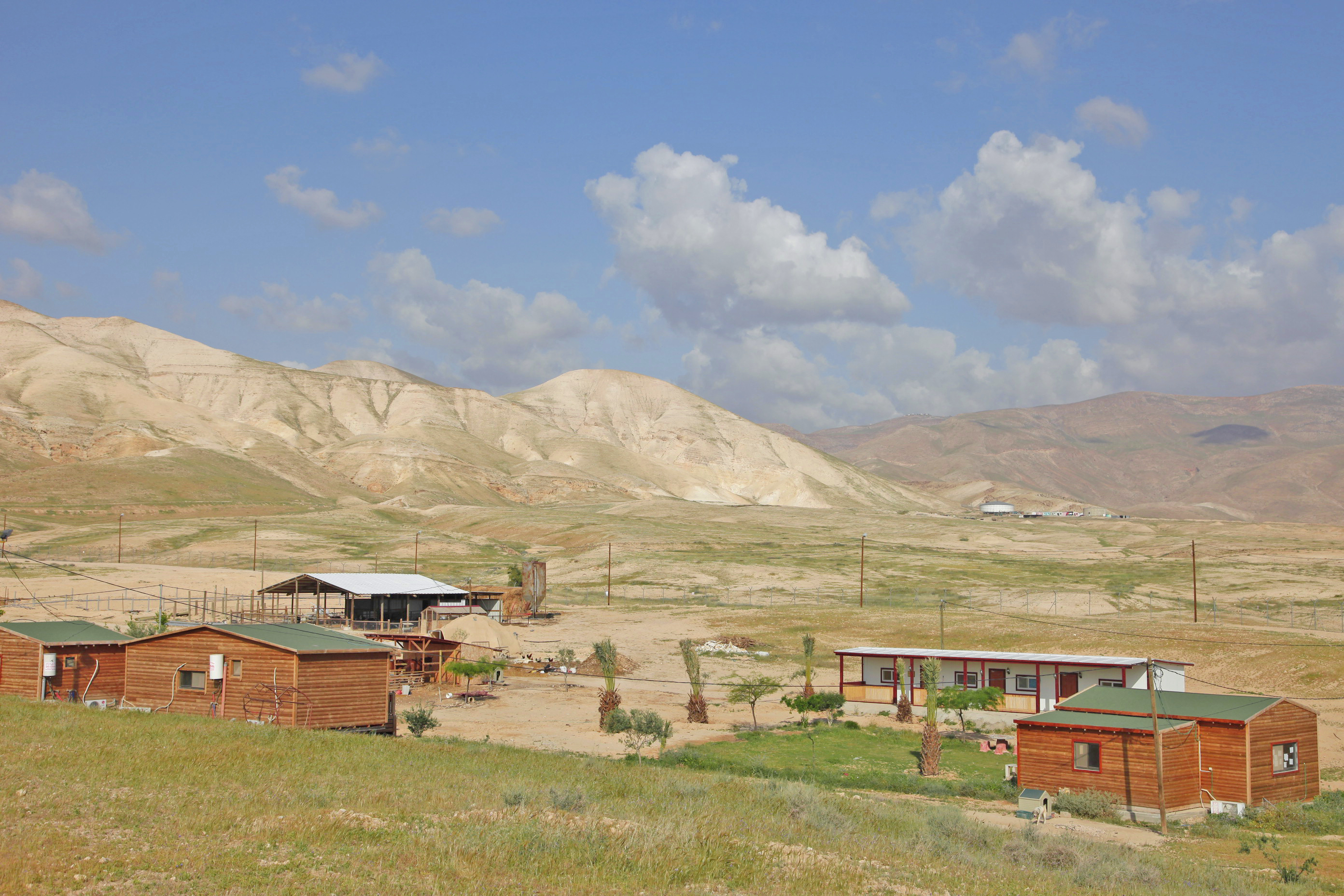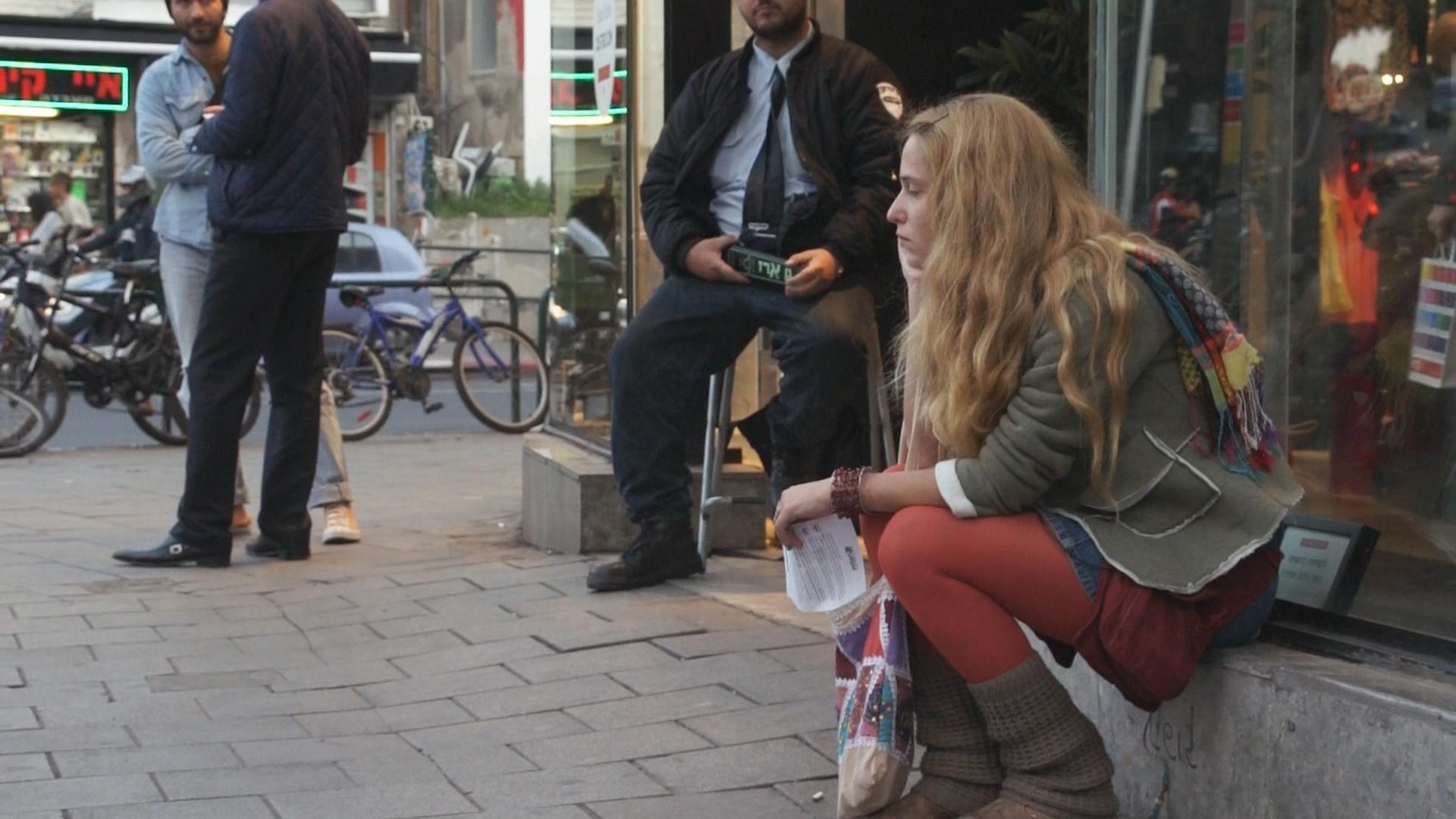
Adolescents at risk have become a growing problem in Israel and across the world, and the problem frequently originates in the household. Generation gaps can cause conflict within the family unit, where new thoughts and technologies clash with old world traditions and expectations.
In certain pockets of the Jewish orthodox world, families reject ideological differences in order to preserve the ways of their culture and ensure a legitimate legacy. Many communities are facing an exodus of their young, who turn to more modern values over those of their communities. These children escape the restrictive lifestyle, but feelings of guilt and pain become too much to bear. They fall victim to substance abuse, encounters with the law, and other harmful behaviors.
Our project chronicles the lives of three, struggling adolescents and their companions at the “Garden of Eden,” a rehabilitative farm for young girls at risk. The farm, founded by the Efraty Hasidic family, provides a home for girls who have been disowned from and abused by their educational and social systems – girls who once called the streets their home.
Through the eyes of these outcasts, one experiences the sexist dogma of ultra-orthodox lifestyle and the suffering endured through drug and alcohol abuse. In their desperate search for independence, the three girls recognize their fragile situations and mature into strong, young women. The meaning behind their stories resonates on a global level, for the struggle to save oneself is universal.
We are pursuing this project because there has been a significant increase in the amount of at-risk teens worldwide. One can see it in their neighborhood, their streets, and the news. There are teens everywhere abandoned by their families who turn to all manners of illegal activity.

Yehudit, the film’s director, has spent her life in a religious community where abandoned youths are a common sight. Her understanding of their backgrounds inspired her to share their untold stories. These youths are shown not as criminals, but as young adults who have been misjudged by society and denied their freedom of expression.